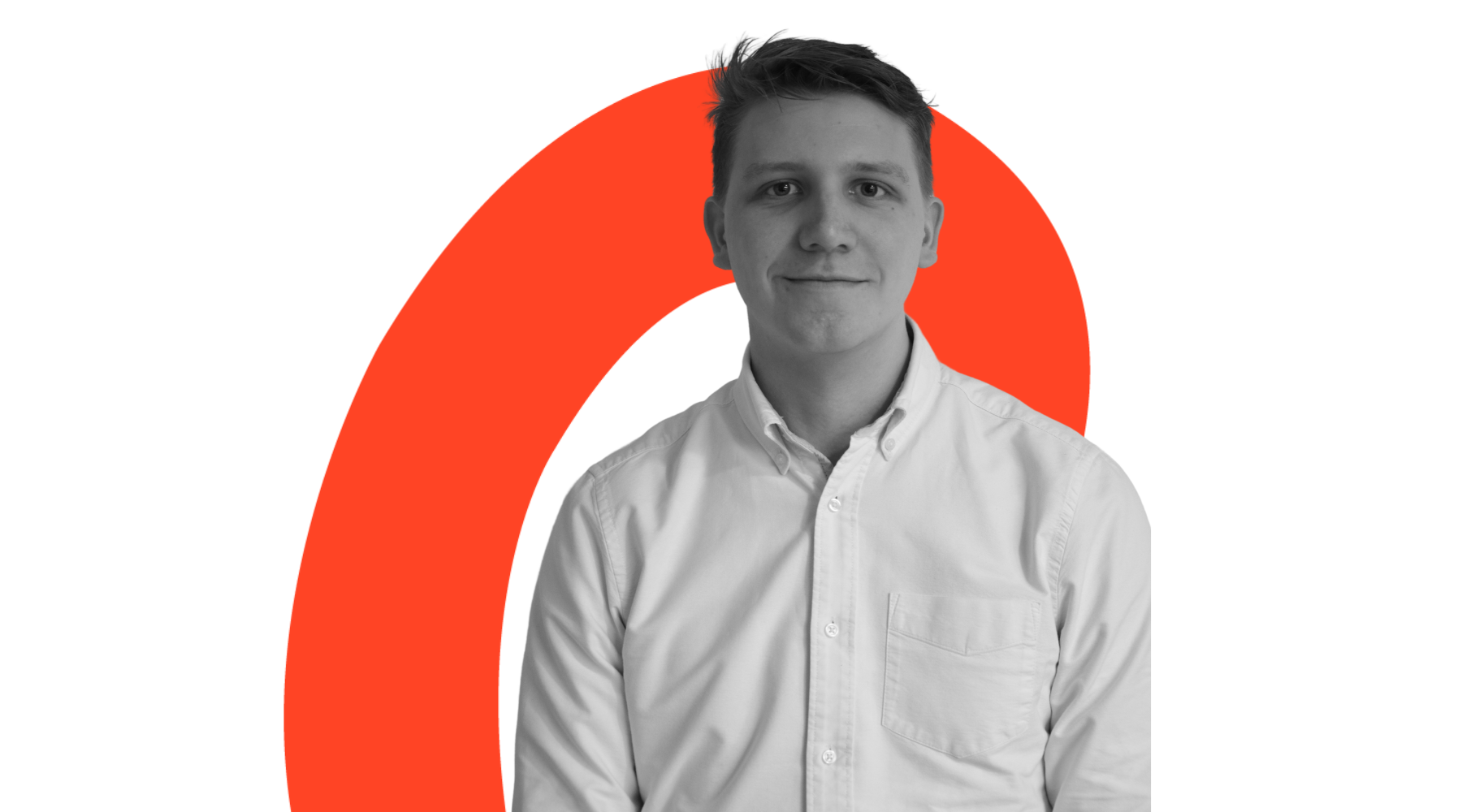Face to face - meeting James Monaghan
We caught up with our Client Services Director, James Monaghan, on a life in PPC, and what he wishes he’d known when he started out in the industry.
James grew up in Somerset, and began his digital career creating the first PPC department for a training company. Since joining Kinase in 2016, he has been irrepressible - transforming performance, delivering new strategies, shaping Kinase’s analytics capabilities and now working across Kinase’s portfolio as Client Services Director.
James worked with Nisbets to change their strategy for business recovery coming out of Covid lockdowns (see our case study), moving to combine B2B and B2C in a tricky moment for the catering supplier as the industry itself recovered. For Purplebricks, James masterminded a new geographic bidding strategy to reflect variable conversion rates, agents’ availability and local variables, which became the foundation for PPC’s part in the relaunch of the brand at the start of 2024. Recently, James took part in a much anticipated webinar with Fresh Egg on rising PPC costs and how to work with CRO to still get the most from digital investment.
We caught up with him to chat about his paid search journey, what a good agency can do, and the industry’s move from micro to macro. What does that mean? Read on. . .
First off, is PPC a science or an art?
It’s never been one or the other. Partly because it’s never just about the data, or at least the data in isolation. PPC is basically gambling, and gambling involves risk, and working out your attitude to risk is a very human thing. For example, you could de-risk your account by cutting the lowest ROAS areas, or even going for an old-school Single Keyword Ad Group structure for maximum control. But then you’ve cut yourself off from experimentation, and learning from things going. . . not how you expected. Of course explaining what we do, or what we are planning to do, to clients in a way that makes sense is an art. Exploration and learning, calculating risk, determining what works: all that relies on gut feel, which needs experience, but it also needs commercial awareness. One of the good things about automation is that there’s more time to develop that commercial awareness: understanding performance trends, running experiments with new functionality, implementing measurement that aligns with the client’s aims like I said before.
“Exploration and learning, calculating risk, determining what works: all that relies on gut feel”
What’s something you wish you knew about paid search when you first started?
It would have saved me a lot of time knowing that Google are always presenting a sales pitch from the start. Knowing that they are mainly interested in getting the client to spend more: “60% Impression Share lost due to rank - Act Now!” Sorry, that’s called optimisation. The whole system is set up to give the best return for Google - so you have to do rigorous testing all the time and communicate to clients that Google are only pushing a particular approach because they want more money. If the clients make some more money too, that’s a side effect which keeps them coming back. Practical and cynical realism, you could call this view. It took me a while to work all this out.
Well, in fairness to our training methods - I’ve always thought it’s best to let trainees work that out in their own way. Working that out is the first essential puzzle of a career in paid search.
Yes. But my first job was in-house. And it’s harder to tell what’s going on in-house. When you’re in house you imagine that every in-detail conversation you’re having with Google is bespoke, like, unique to that company. But when you’re at an agency you are having that same conversation five times - once for each client. Of course, that can work well with the right Google reps. Some are really good. They can help you solve problems in the account, finding work-arounds for limitations in the Google Ads system. Or give you context that helps you come up with imaginative strategies. But for some, it’s like they are reading from a script they have been handed called “How to make people spend more.” Part of a good agency’s job is to get the best out of Google.
Yes, I love it when you’re in a meeting with Google and the rep starts talking about your client’s media spend as “Revenue” and you realise they’re reading from their internal view of Google Ads.
Never gets old.
What kind of projects do you like working on? What keeps you interested in all this stuff?
Creative problem-solving really - particularly in terms of aligning optimisation to specific and complex business goals. By integrating tech with the client, just collecting rich data, and integrating that into Smart Bidding you can do so much, especially for clients who are focused on lead generation - but also with retail clients. Is a subscription customer or a pay-as-you-go client worth more? If it’s a subscription customer you can modify the set up to upweight the conversion. This is quite straightforward these days but it’s often set up wrongly. For example, a client might want to target B2B and B2C customers differently. The obvious solution is through Audiences, right? You’d think there would be a 90% success rate with this but no - the reality was different. So a better approach, we found, is. . .
I am going to stop you there - because agencies gotta eat. We love this stuff! But let’s not be giving our ideas away for free.
What’s changed in PPC and digital advertising since you first started?
It’s the level at which we mainly work - the micro or the macro. Previously it was at the micro level: early on, changing bids, then later audience and demographic modifiers. Making a large number of small changes, increasing efficiency at any given level of spend. It’s definitely good that we are not spending a lot of time doing this any more, so we have more time to focus on the macro, the strategy. Although of course as the “micro” has been taken away by Google, it’s taken away some of the fine control that used to give us the edge over, say, in-house teams. For years, doing all these micro-level processes better than everyone else gave a good agency the edge. Now a lot of the difference is in enabling the client to integrate their business data, their first-party data, into the black box of optimisation. That’s where the competitive edge is. It sounds like our role is more limited, but it’s actually wider, because there’s so many more areas of the client’s business that we need to work with.
“Now a lot of the difference is in enabling the client to integrate their business data, their first-party data, into the black box of optimisation. That’s where the competitive edge is.”
Not just marketing teams. A lot of businesses realise the opportunity but I think some are taking an overly complex approach. Some businesses we talk to, however, are completely out of the loop - and are missing out on so much potential growth through static strategy and bad advice.
Not our clients though?
Of course not!
In the age of increased automation, what does a good agency bring?
This ties back to Google’s smokescreen. If you are running a PMax campaign and suddenly impressions go through the roof and you’re trying to work out why. Oh look, we just got a load of trash inventory from Google Display Network. An agency can say, “Ah, we’ve seen that before, and this is what to do about it.” An agency helps you focus on what’s going to move the dial. Like, with new functionality. If you’re working on one set of data you can’t tell if it’s good or not - or whether it only works for a certain type of client in certain circumstances.
What’s the best thing about Kinase?
The training is fantastic! This is something that has been a key point for our recruitment. I think we have a unique approach to how we do PPC. Everyone in the agency is trained to a high standard through our Kinase Academy programme. We also, at our best, have a culture that encourages people to test, to try out new things. And we really care about the clients. Hopefully that’s not unique in the market but it’s definitely true for us, and it means that clients like working with us. And a lot of our clients we have been working with for a very long time.
What do you do when you are not working?
More work! Go to gigs, go for walks. Sunday roast is fantastic. I play lots of video games. But having cats and a girlfriend means I play fewer video games now.
Luckily work is a big video game.
Yes…


